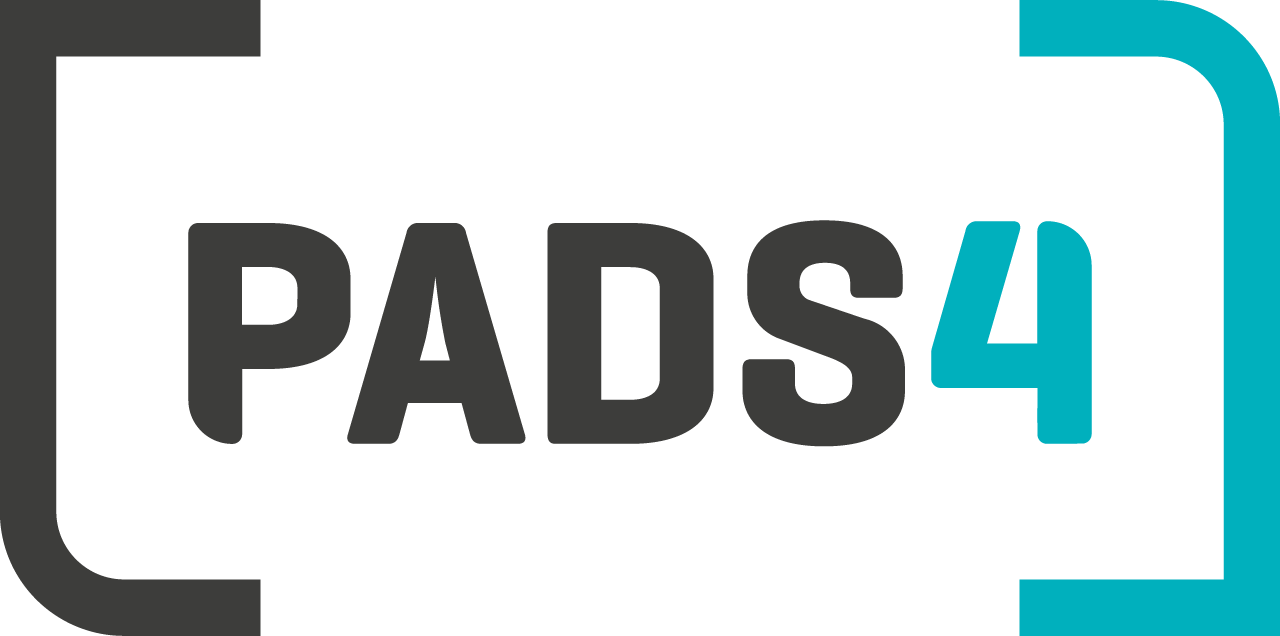- Content
- Location
- Time
1. Content
In PADS4, content refers to the media and design elements that make up a presentation. This can include:- Videos
- Images
- Text
- Interactive elements
- Any combination of the above
.padsx file. This file may be stored:
- Locally on disk
- On a network drive
- In PADS4 Content Organizer
- Or sent directly to the PADS4 Server
Important:
There is a clear distinction between the original.padsxfile and the scheduled presentation copy:
- When you schedule a
.padsxfile, PADS4 Scheduler creates a copy and uploads it to the PADS4 Server.- From that moment, the server copy becomes independent. Changes to the original design file will not affect the scheduled copy.
2. Location
Once your content is created, it must be assigned to a display location. In PADS4, physical display devices are abstracted as Destinations. These can be:- Individual Viewers (displays)
- Viewer Groups
- Multiple independent Destinations
- A single Destination
- An entire group of Destinations
- A custom selection of unrelated Destinations
3. Time
The final component of scheduling is determining when your content should be shown. PADS4 Scheduler provides flexible time management options:- Schedule a presentation for a specific time period
- Create recurrence rules for repetitive display cycles (e.g., daily, weekly)
- Combine multiple time patterns for more complex scheduling scenarios
With these three core concepts—Content, Location, and Time—you can build highly customized and efficient schedules to power your digital signage strategy.

